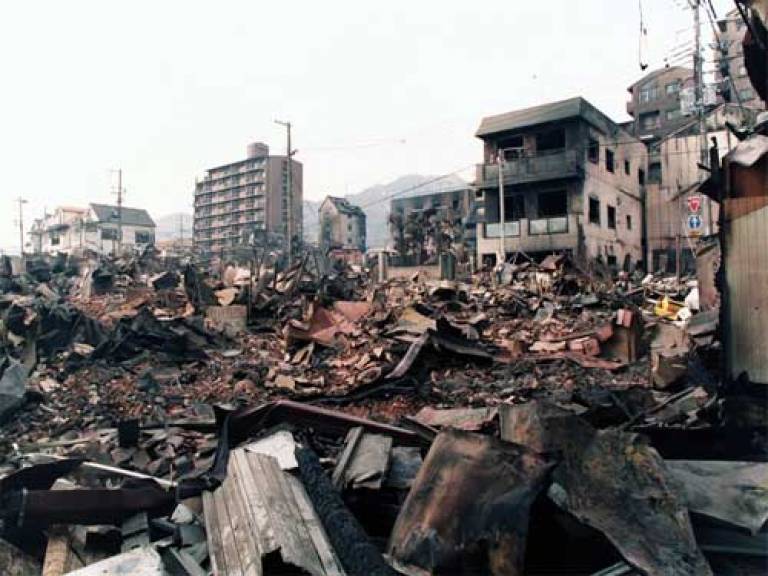Challenging RISK (Achieving Resilience by Integrating Societal and Technical Knowledge) is concerned with socially integrated mitigation of multiple structural risks in the urban environment, with a focus on the linked risks of earthquake and home fire. Fire is the largest contributor to building damage following earthquakes. To date, this research area has largely been ignored as it crosses the boundaries between the knowledge areas of earthquake and fire safety engineering. The combination of factors adds to the challenges in risk estimation already existing in each distinct area. There is currently no universally accepted method for accounting for the effect of strengthening practices on building vulnerability to earthquakes (let alone earthquakes followed by fire). In the case of fire safety engineering, few credible techniques for damage estimation or risk-based design currently exist due to a lack of requisite input data. This project will develop, through large scale structural testing and computational analysis, new technical engineering solutions to these problems. And, for the first time, these technical engineering solutions will be developed explicitly accounting for the social context within which they are to be enacted.
Challenging RISK will develop and holistically optimise strategies for the mitigation of multi-hazard risks, leading to resilient physical infrastructure within local communities. It proposes fundamental engineering research leading to new understanding of the response of existing concrete structures to earthquake and fire, with a long-term view to extend the lessons learned to other hazards. Simultaneously, it will design and implement effective mitigation promotion campaigns by extending existing research on individual and societal risk perception to community level through adoption of participatory citizen science techniques. The interaction with communities, local authorities and construction industry, will also feed back into the experimental programme, such that only structural strengthening options that meet the requirements of these stakeholders will be investigated. Our ultimate goal is to increase the uptake of structural and non-structural mitigation measures, resulting in reduced life and economic losses.

In parallel, action-oriented research, where interventions are carried out at both the technical and social levels, will be used to develop an understanding of risk perception and representation of home fire and seismic risk at the individual and community levels, with specific interventions carried out in Seattle, Izmir, and Osaka.
More information can be found at http://www.ucl.ac.uk/challenging-risk.
Funding: EPSRC reference: EP/K022377/1 (£1,633,787)
Partners: University of Edinburgh (UK), METU (Turkey)
Epicentre Staff Involved: Helene Joffe, Tiziana Rosetto, Gabriela Perez-Fuentes
 Close
Close

